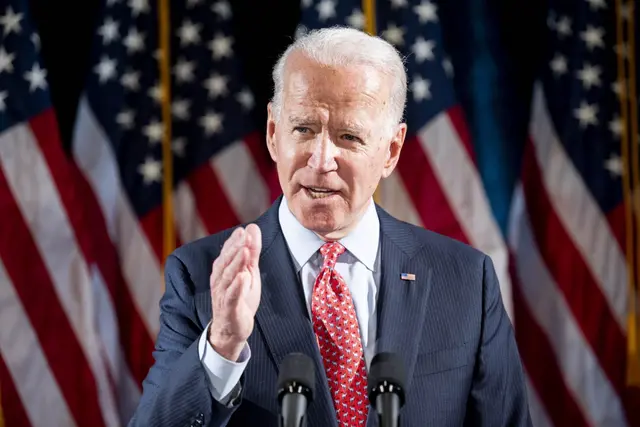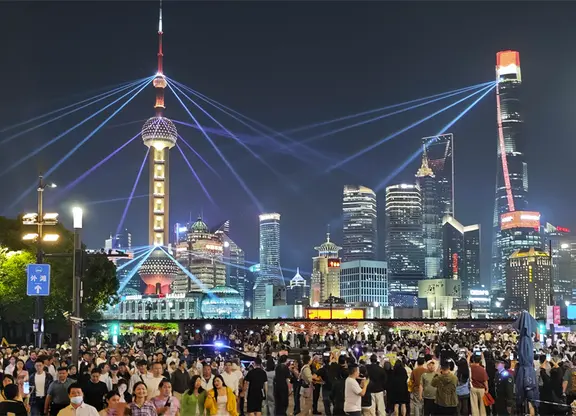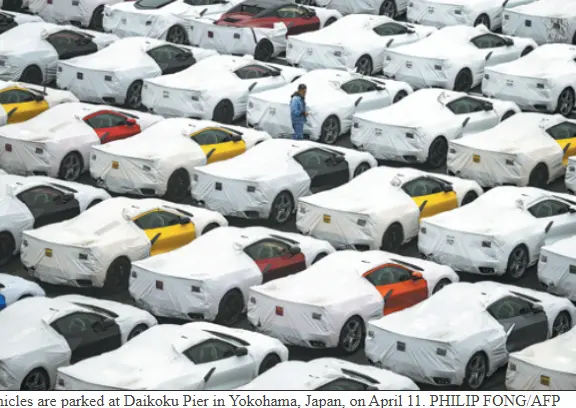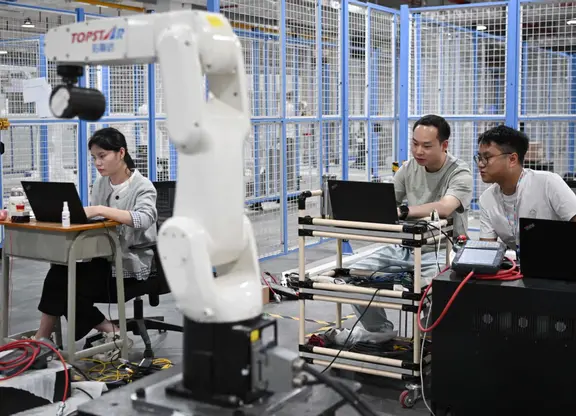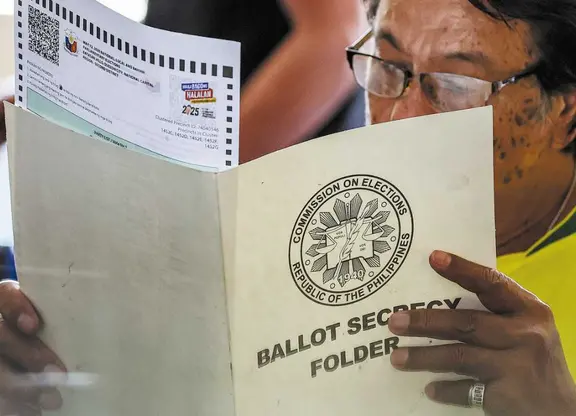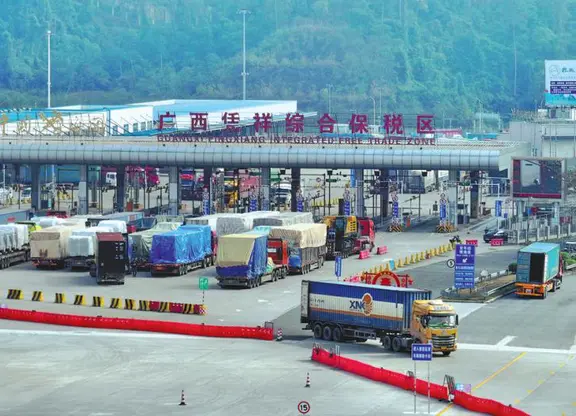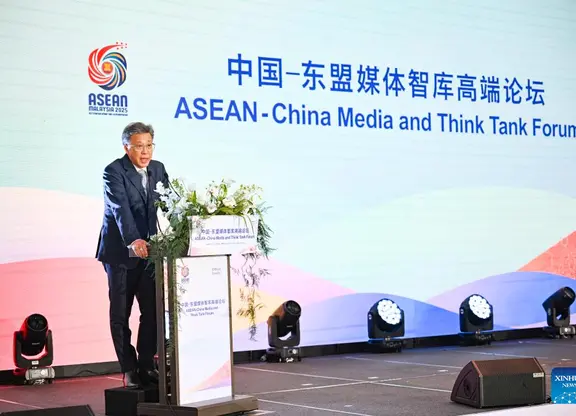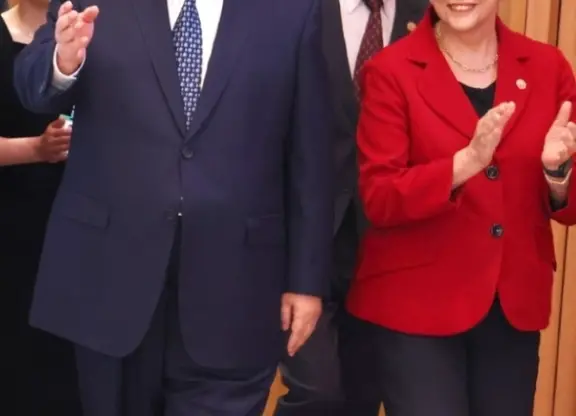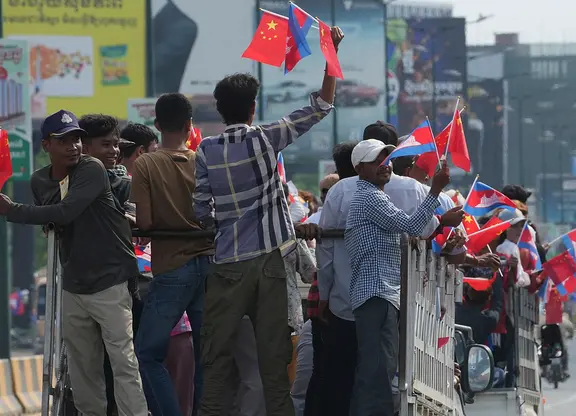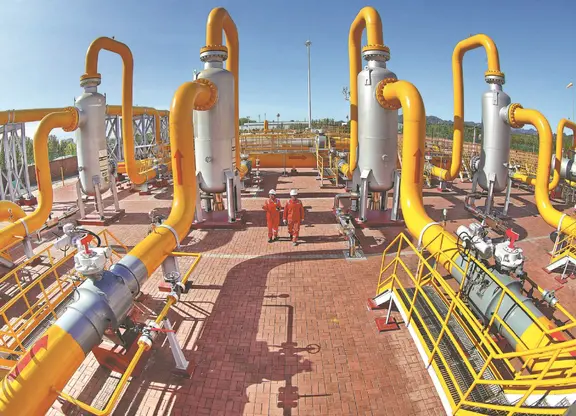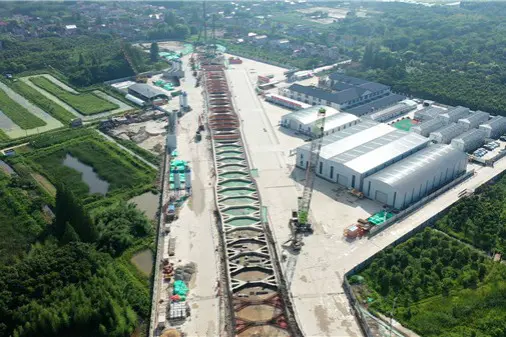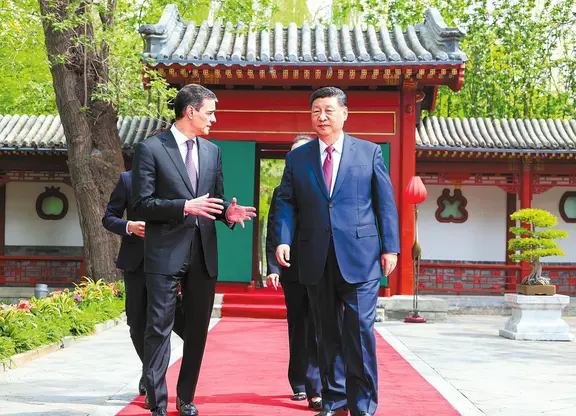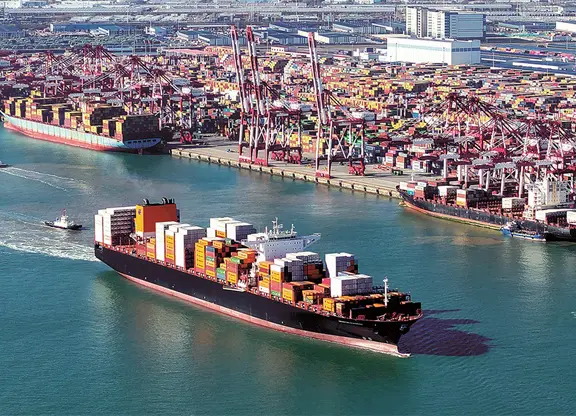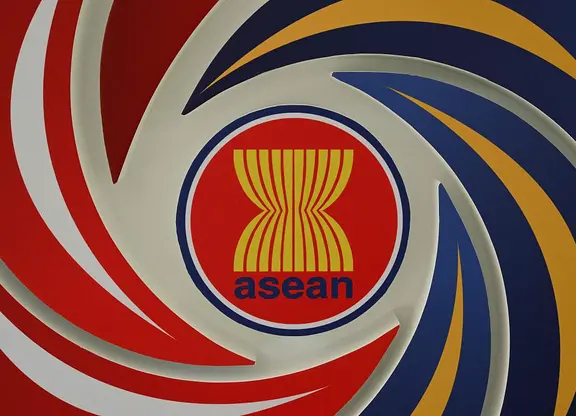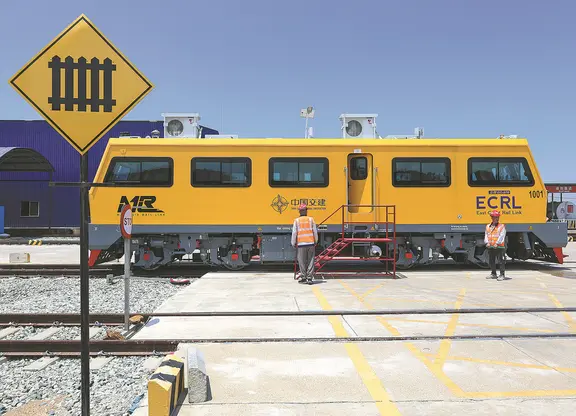By APD writer Alice
On August 21, former US Vice President Joe Biden officially became a Democratic candidate in the race to the White House with current President Donald Trump. "Build back better" is what Biden is committed to doing if he becomes the 46th President of the US.
Observers said for much of the world, the possibility of a new US government led by Joe Biden and Kamala Harris promises the prospect that Washington will "reset" its foreign policy, especially towards China.
One of the biggest questions is how Biden's leadership (if realized) will affect US-China relationship, which has fallen to its lowest level in decades under the Trump era.
Many experts believe that compared to Trump, Biden will follow a softer policy towards China. Biden is also considered a person who has a soft opinion of China. In fact, the team assisting Trump during the re-election campaign often pointed to it as one of the opponent's weaknesses.
They also believe Biden will seek cooperation with China on global challenges such as climate change.

Bonnie Glaser, senior adviser on Asia at the Center for Strategic and International Studies (CSIS), saidonce Biden becomes president, he will not use the tactics and words criticising Chinawithout restraint as Trump does.
Commenting on the possibility that Biden could make US-China relations more positive, some said that Biden could return to the normal diplomatic policy: opening the door for cooperation with China on issues such as climate change and public health.
The United States does need to get tough with China. If China has its way, it will keep using subsidies to give its state-owned enterprises and a leg up on dominating the technologies and industries of the future, Biden wrote in a Foreign Affairs comment earlier this year.
The most effective way to deal with challengesis to build a united front of US allies and partners while seeking to cooperate with Beijing on issues that both sides are interested in, such as climate change, nonproliferation, and global health security, he said.
With this point of view, Biden may be more flexible in his approach to Beijing, maintaining a tough stance on certain issues on the one hand, and reopening the communication channels that President Trump has cut off on the other hand.

Asian research expert Evan S. Medeiros from Georgetown University (the US) said Biden will have a change in tone, an appreciation that he can talk to China, as Nixon and Kissinger did.
On the economic front, Biden is expected to not follow the Trump administration's approach to relations with China. Most likely he will not promote the split between the the US and Chinese economies. He has also announced that he will reevaluate the US tax policy on Chinese goods because he thinks the tariff war will also harm his countryas production falls into recession.
Biden is forecast to demand more transparency from the Chinese side about everything, but will avoid pushing the two sides to a war because he is more likely to face difficulties at home like rising unemployment, economic recession and a politically polarized society.
Tension and instability in US-China relations are always be the focus of any debate, but economic interdependence and mutual interestsbetween the two powers will prevent any outbreak of conflict from coming on and the war scenario will never happen.
(ASIA PACIFIC DAILY)
 简体中文
简体中文

